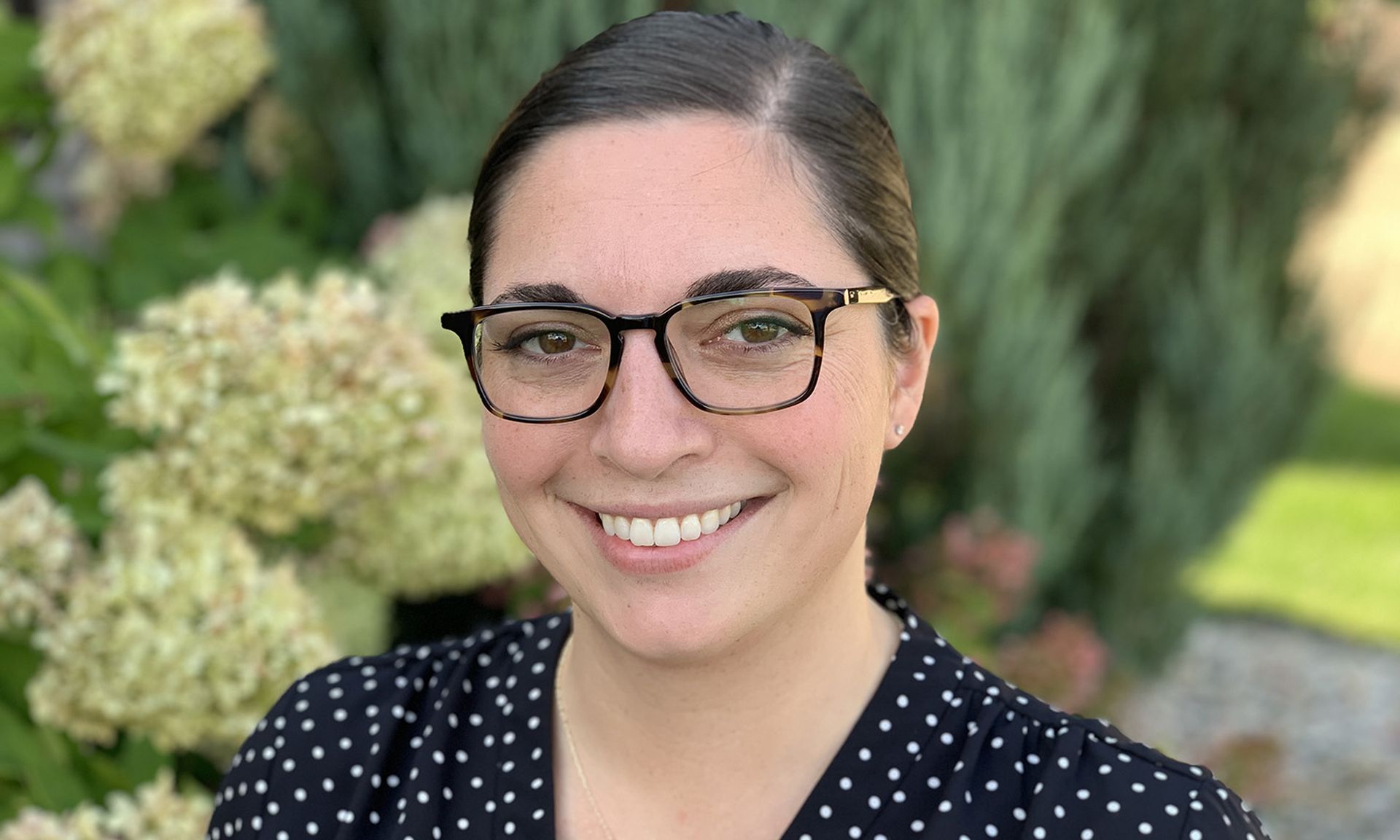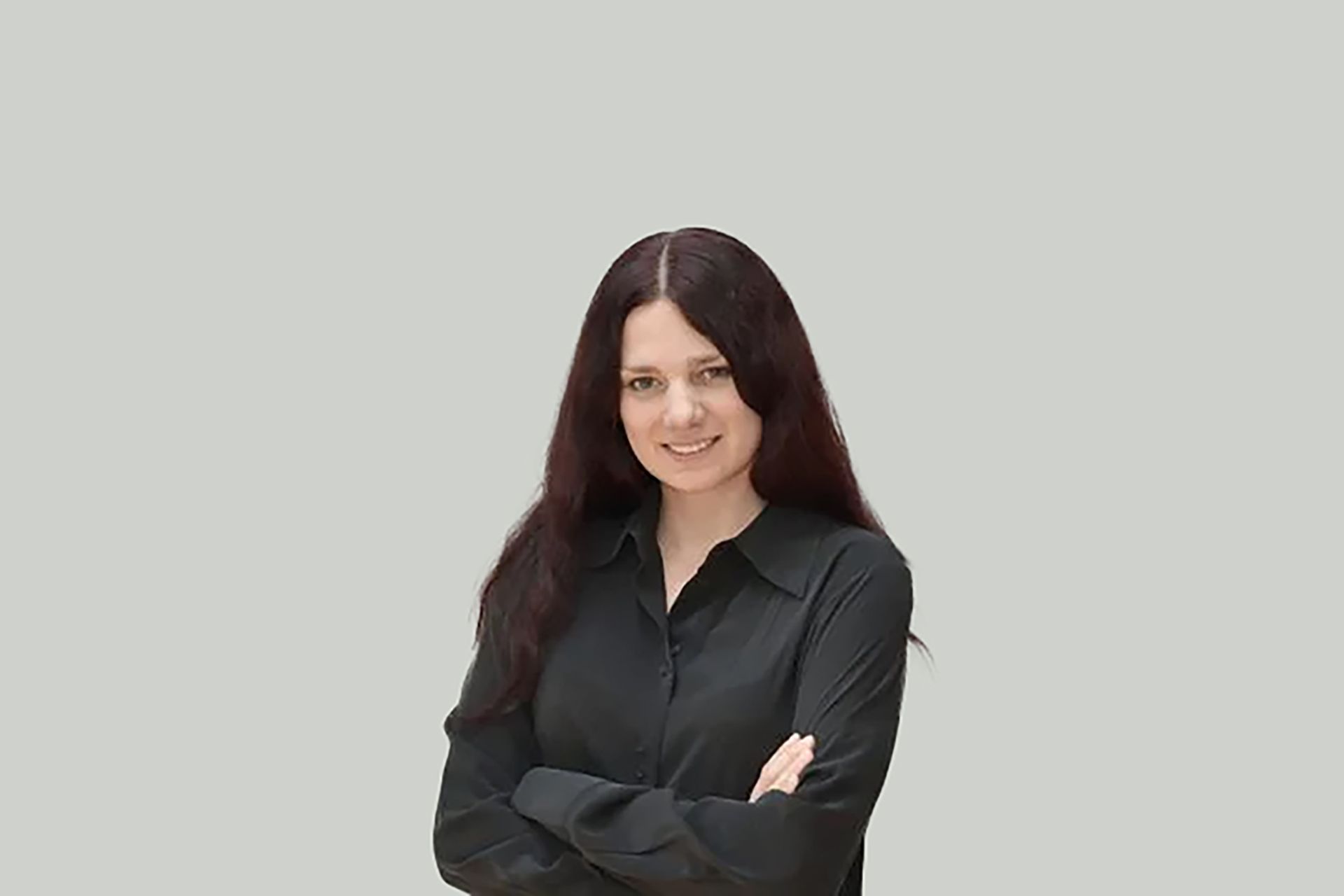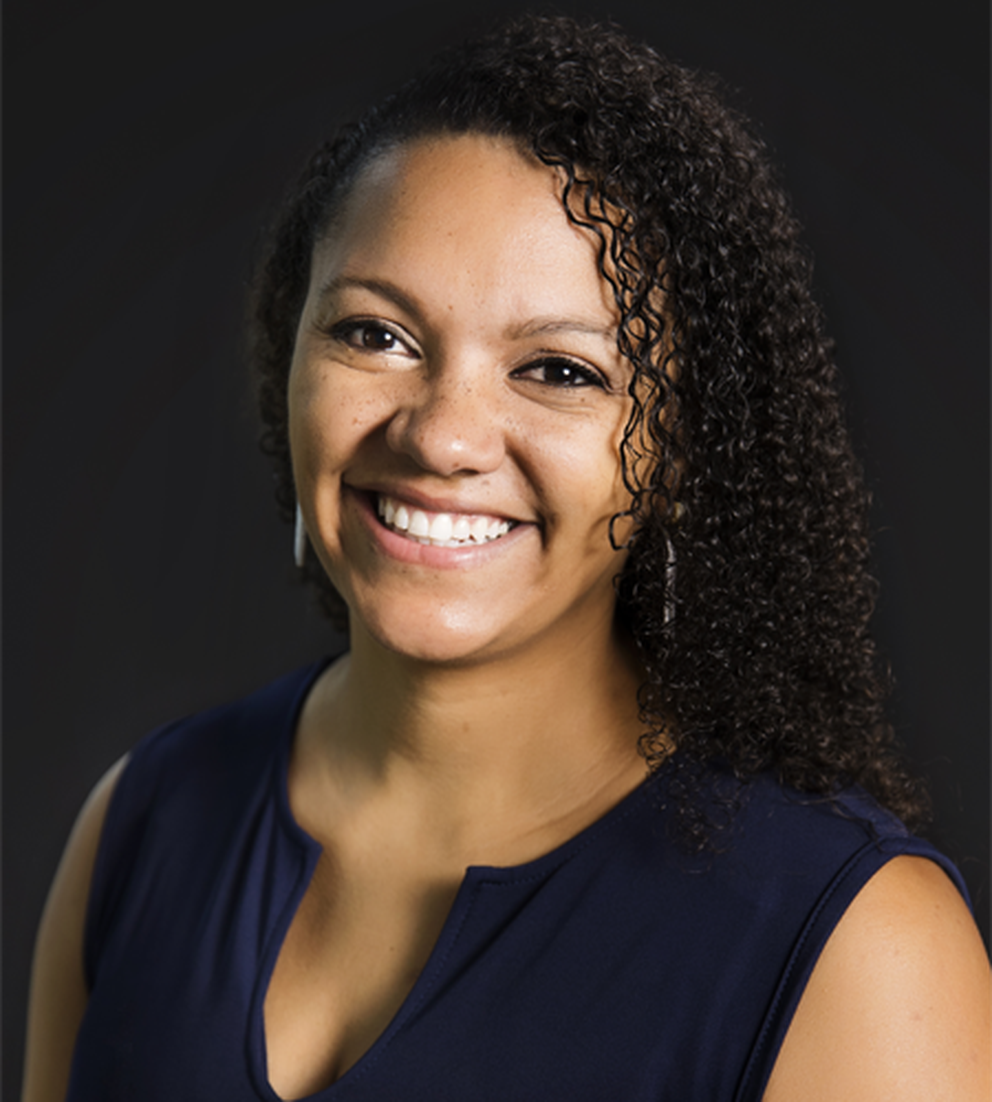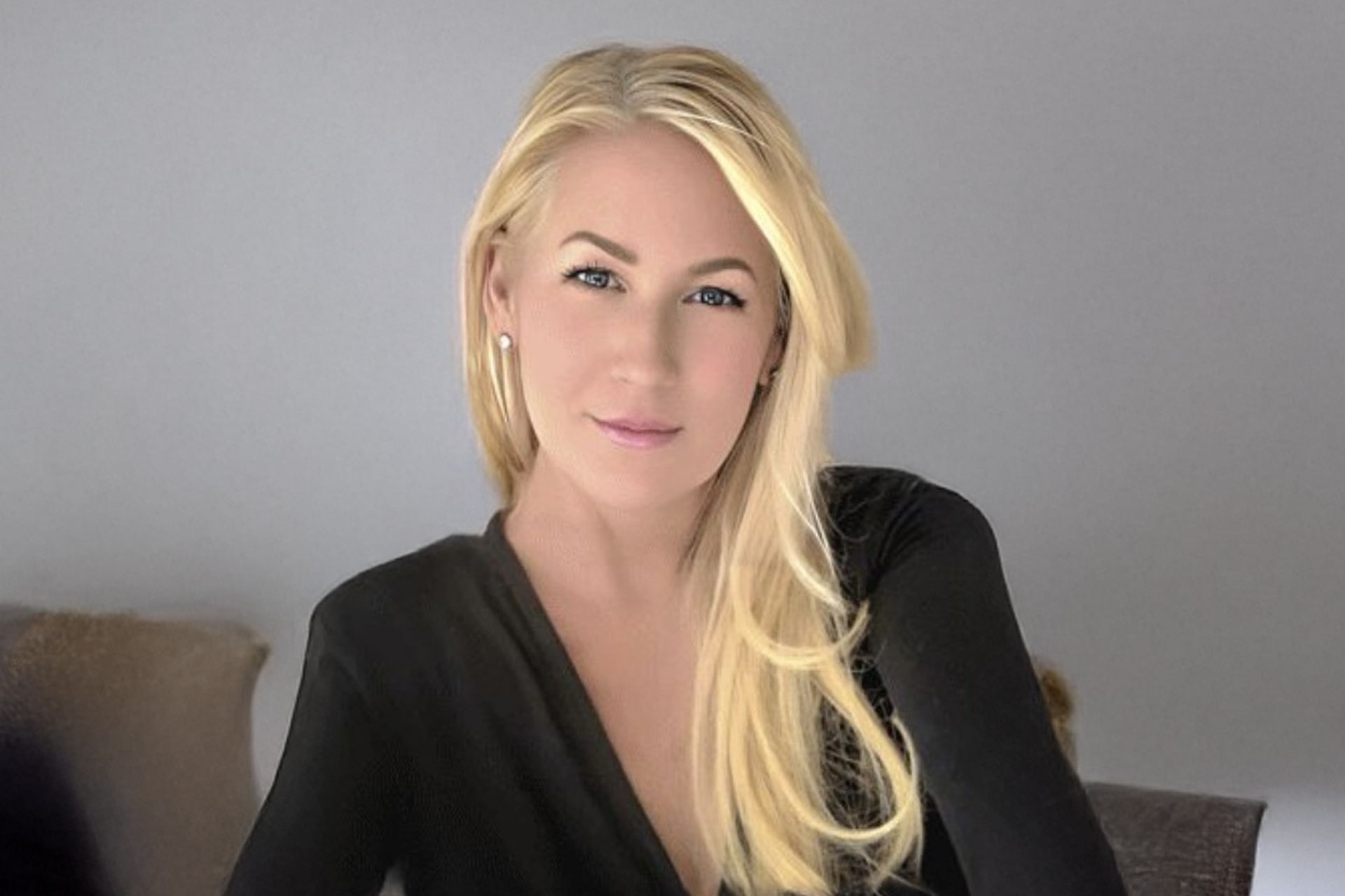Jaclyn Miller prides herself on being the model of a chief information security officer for a service whose consumers don’t necessarily appreciate why she is important to their business.
Miller is the CISO for the cloud services division of NTT, the $109 billion Japanese telecom. Like any modern cloud provider, that means working with clientele of varied sophistication in a technology where even experienced on-premises security experts haven’t fully prepared for the rapid conversion necessitated by COVID.
“We have to design services and standard offerings for our clients whether they really realize that they're buying security services from us are not,” she said.
That can mean being more hands-on with clients than they would expect to ensure individualized security postures. It also can mean more transparency than is typical for an industry that can sometimes train customers to treat its services as a commodity.
After a year of supply chain attacks, that’s become more confusing — where companies are selling both the sense of a strong perimeter and their internal understanding that a strong perimeter might not always matter.
“For an industry that builds client relationships and growth on partnership and trust with its customers, we're also an industry that sells zero trust, as a goal. So those two things can be very dichotomous in concept,” she said.
Click here for full coverage of the SC Media 2021 Women in IT Security
Outside of work, Miller is extremely active in mentorship, including serving as a board member of the Michigan Council of Women in Technology.
A priority of hers is helping build a one-stop group to provide direction for women throughout their career lifecycle, where many of the mentorship programs focus on early or college education and then abruptly stop. Many experts have told SC Media that one of the major shortcomings of current workplace culture is the lack of mid-career mentors to help guide women up through security’s corporate ranks.
"MCWT programmatically focuses on the different phases of a women's careers, starting from getting elementary and high school girls involved in STEM, and then focusing on girls with a scholarship program during the college years as well," Miller said. "But they go beyond that into also career mentoring and job changes."
“I think there are women in the industry or who could have been in the industry who had career opportunities pass them by because there wasn’t enough information sharing among their peers,” she said.




